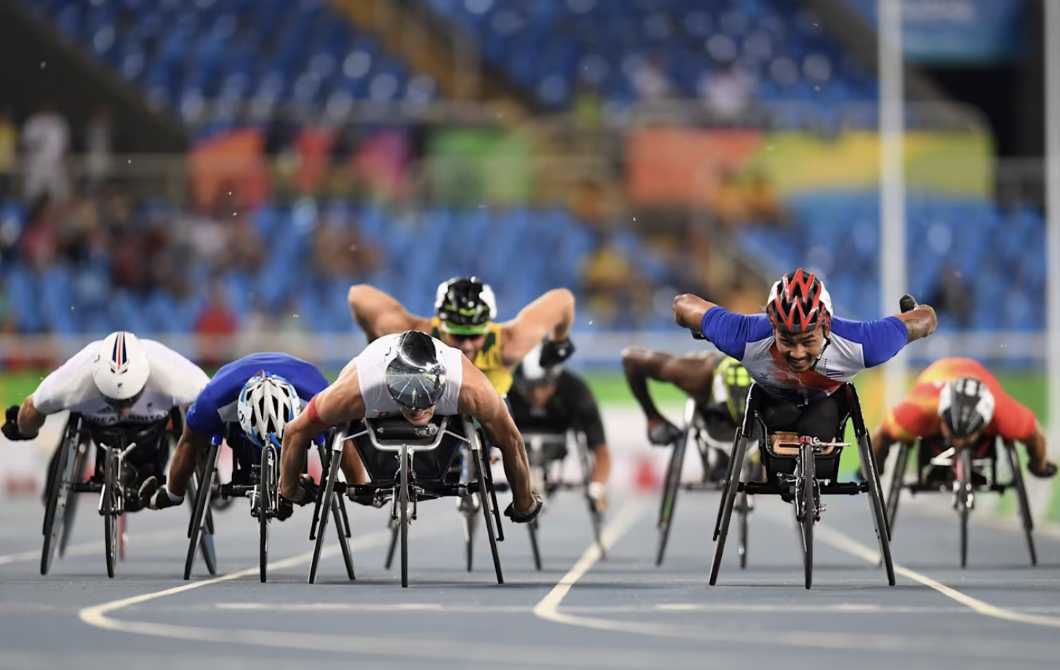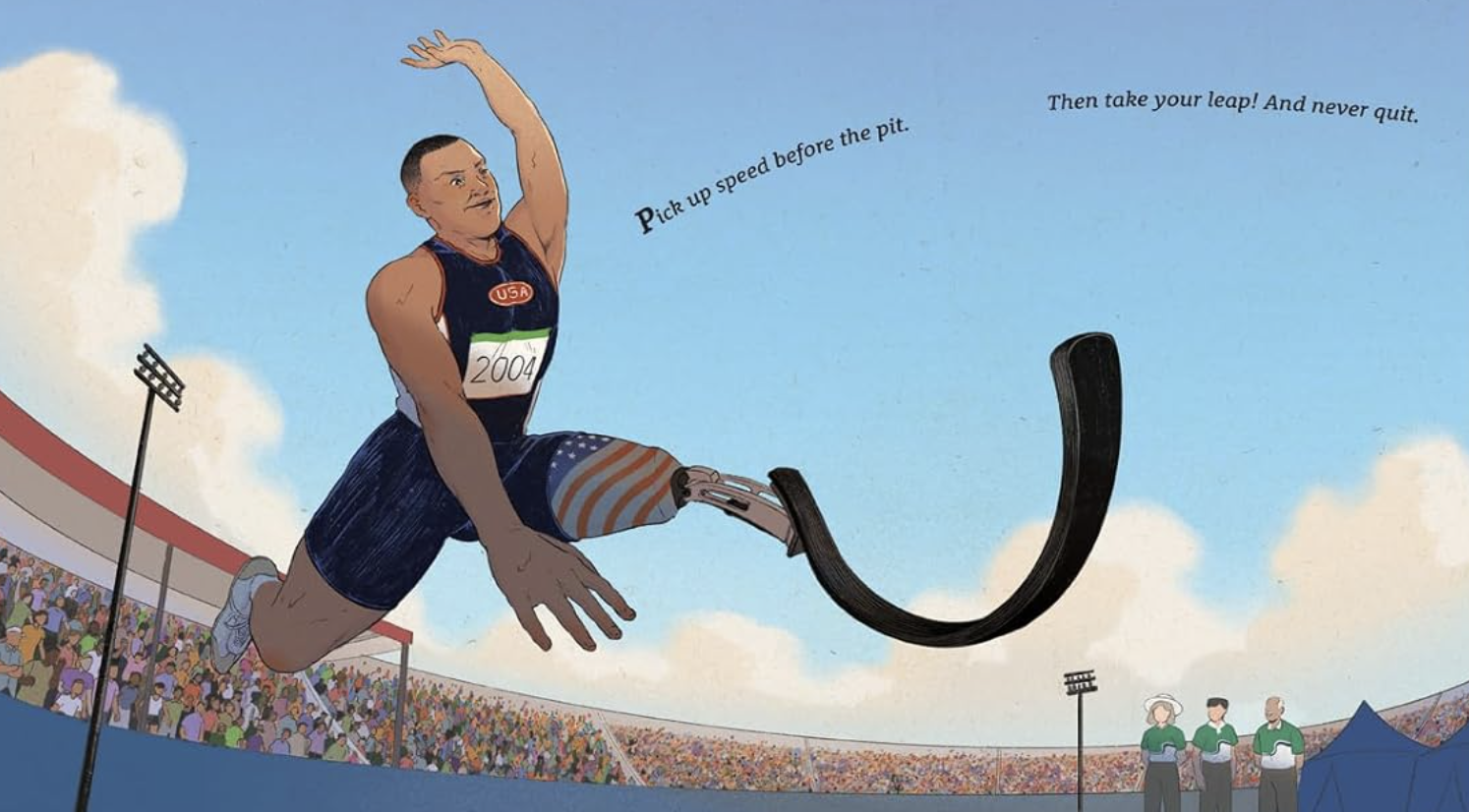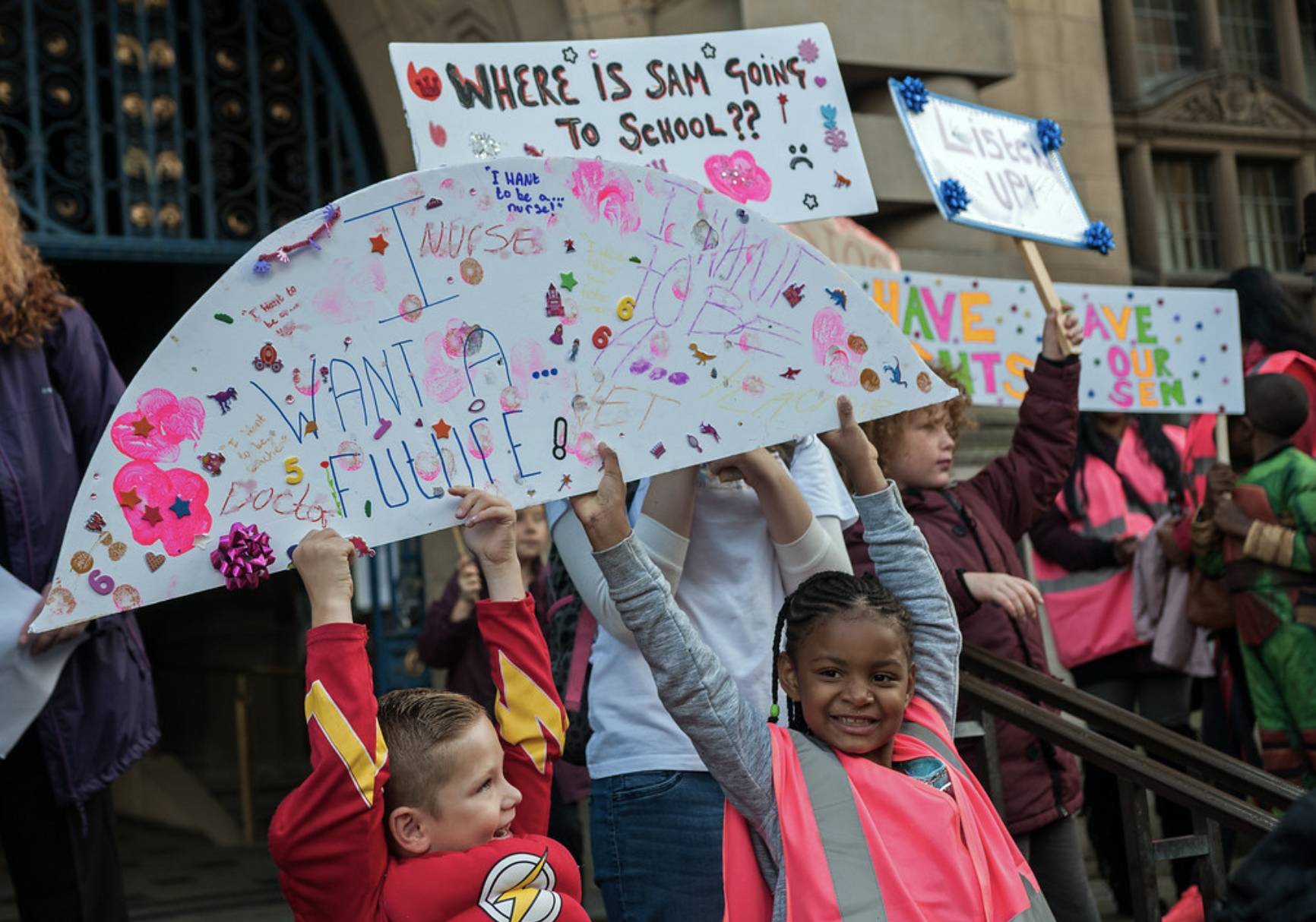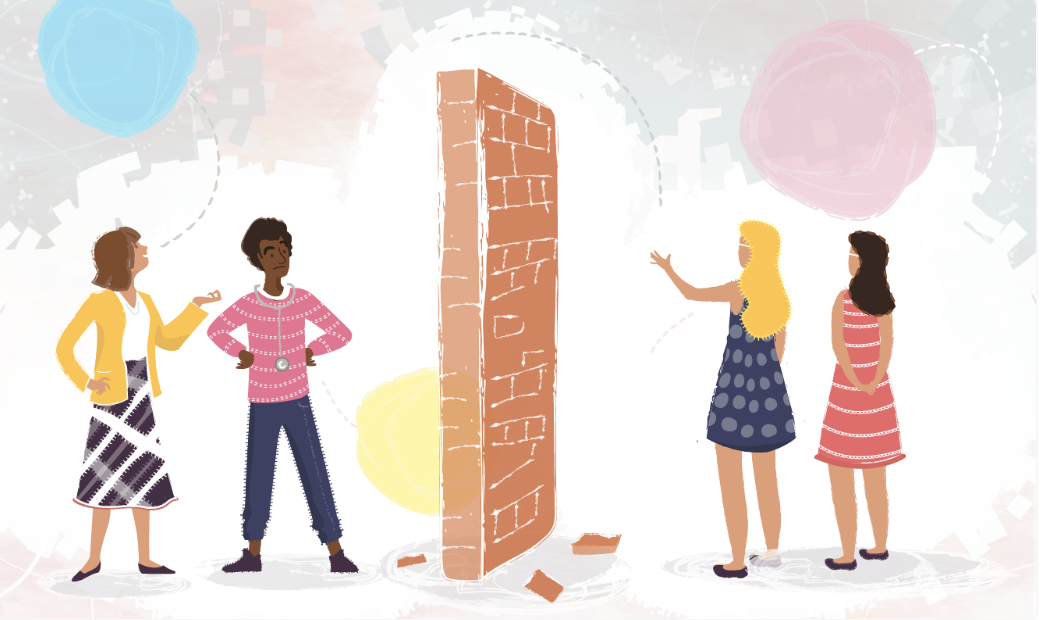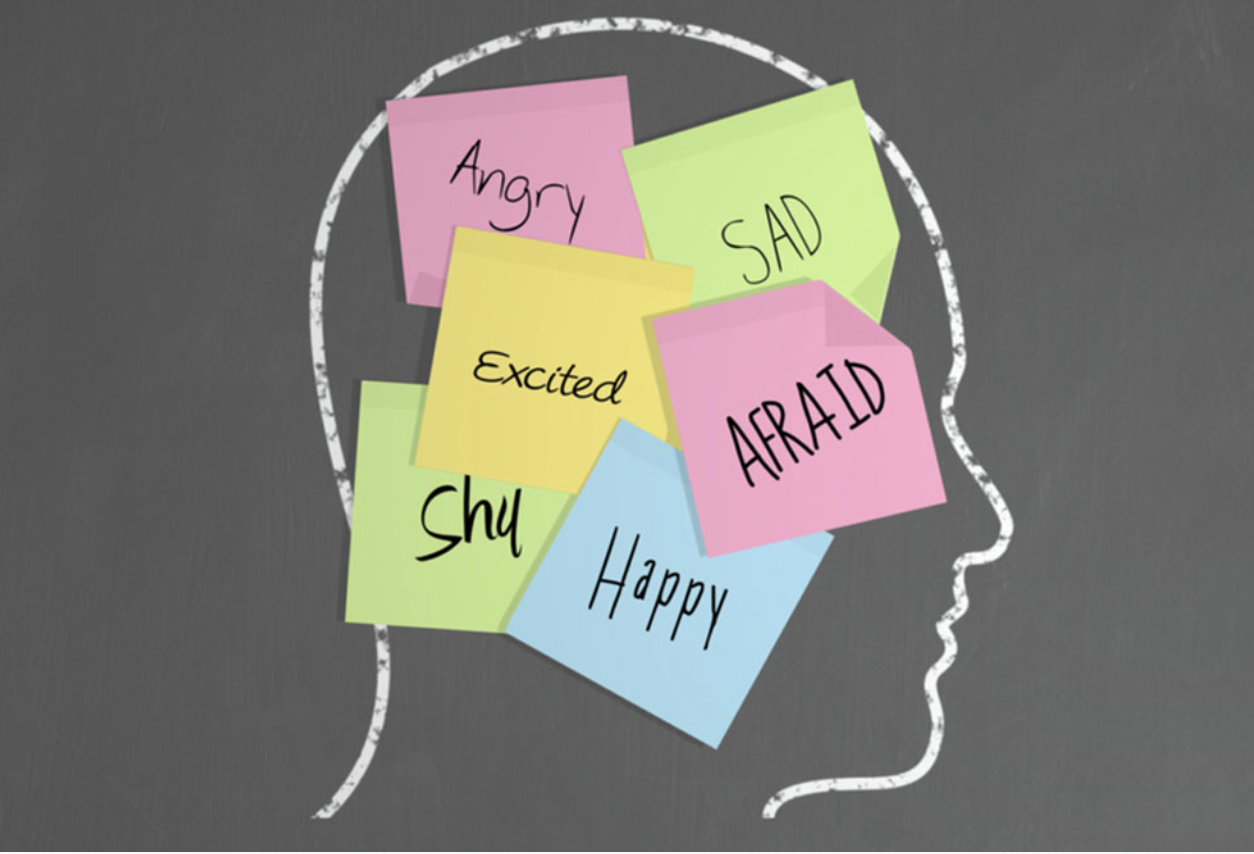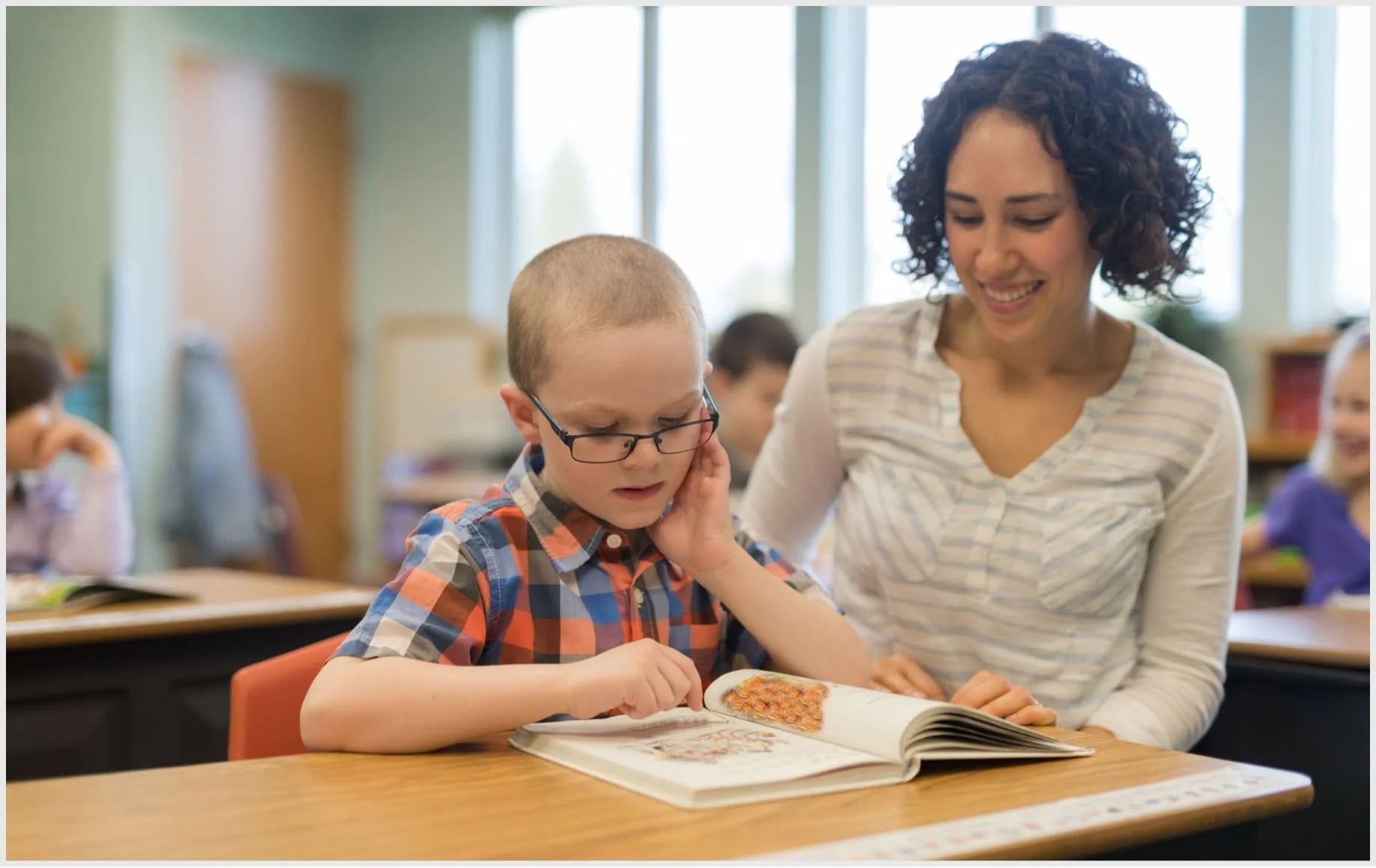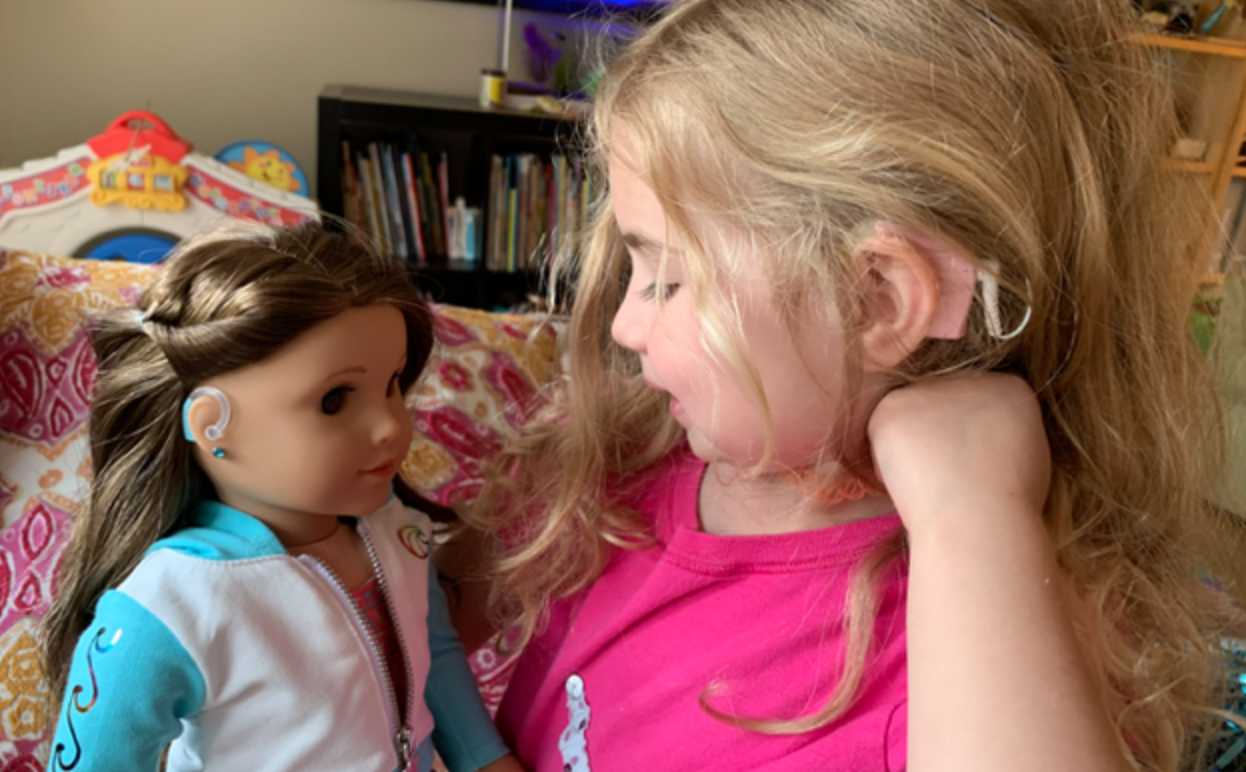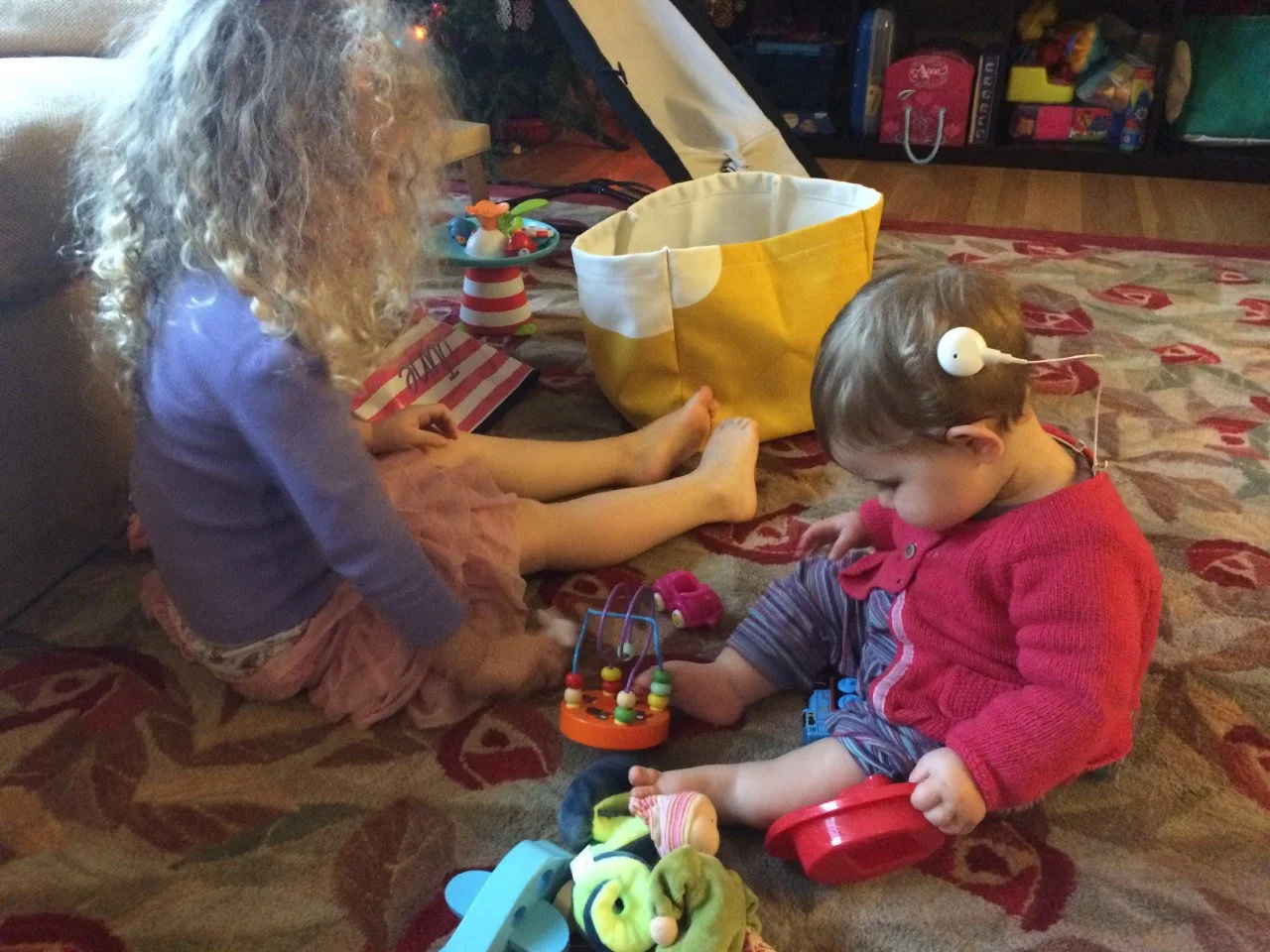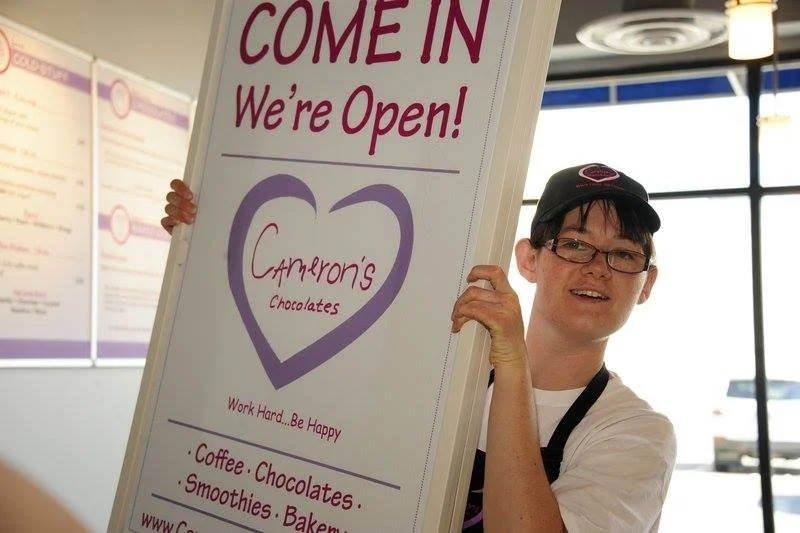
“I am different, not less.”
— Dr. Temple Grandin
Mighty Moms: Advancing Literacy through Collective Advocacy
A group of strong and brave women took on the New York City public school system by pointing out the deficit in teaching children how to read. They joined forces, deliberated, sought answers to their questions, and were determined to implement change. Their years-long labor, grit and persistence resulted in the creation of South Bronx Literacy Academy, one of two public public schools in the country for students with dyslexia.
The Nation’s Report Card: Failing the Future
The National Assessment of Educational Progress (NAEP), the largest nationally representative continuing evaluation of the condition of education in the United States, recently released its latest report (the “Nation’s Report Card”). A sampling of 4th, 8th, and 12th graders is evaluated every two years, and most recent results indicate continued declines in reading for all students. No state saw any gains on NAEP Reading in either grade compared to 2022. Are we failing our future?
“Spirit in Motion”: The Power of the Paralympics
How often do we contemplate the inclusion of players with medical impairments or other physical, mental, and learning disabilities in competitive or organized sports? And yet persons with disabilities, visible or invisible, have pursued excellence through sport for nearly a century. The Paralympic movement illustrates how para athletes constantly inspire and excite the world with their performances: always moving forward and never giving up. They overcome obstacles with grace and style, vitality and excitement, and, in doing so, they show us all that is possible.
Unlearning Ableism: Book Covers for All Children
Patty Cisneros Prevo wonders what it would have been like to see someone who looks like her in a book when she was 18 years old. She answered that question by publishing Tenacious: Fifteen Adventures Alongside Disabled Athletes, an illustrated children’s book that recounts the personal stories of individual athletes with disabilities. In doing so, she offers a book that provides a window, mirror, or sliding glass door to all its readers.
All Hands on Deck: SailMobility Brings Sea Legs to All
Imagine being limited your whole life, whether physically or mentally, and then being allowed the opportunity to sail a boat in the stunning Martha's Vineyard lagoon. For those like Jack, a young adult who is partially paralyzed, or Jill, who has an intellectual disability, sailing is not something they would ever have had the opportunity to do. However, they do now!
The History of Special Education: Toward Equality in American Public Schools
We have made great strides in our treatment of those with differences. As I dive deeper into these extraordinary people and the organizations that support them, I wonder about the elementary and high school years — the services and resources provided by schools, the laws mandating those services and resources, and execution. What’s the back story? How has the history of special education evolved in this country?
Don’t Tell Him He’s Different
It can be scary to be or feel different: to understand that you have a disability that sets you apart from the others. You are no longer with the tribe or on the winning side of the ball game. You are different, unique, quirky, and disabled. But let me ask — are you actually all of those things? That depends on how you think, your choices, and how you live your life. Henry (Hank) Wightman’s story follows. He has a clear answer to that question, especially for those who are disabled.
A Hand at Hanging Out: The Commitment to Building Connection
Imagine if the ease of conversation, introductions, shaking hands, making eye contact, or knowing when to laugh is foreign, ill-timed, and awkward. We take for granted the ease of making connections essential to our social experience as humans—our formative years with schools and families, and certainly beyond in the workplace and life.
The Physiology of Trauma: The Case for Building Trauma-Informed Knowledge
There’s a lack of transparency and understanding about the role of trauma in learning and what we can do to ensure sound practices. My discussion with Professor Mays Imad touched on how to further the underappreciated aspect of how trauma shows up in our educational system.
Special Education: Complexity, Compassion & Courage
Each student covered by the Individuals with Disabilities Act (IDEA) must make progress on their individualized goals and objectives, which is reasonable given their specific profile. (Endrew F. Court Case) This is what the law says! But what happens when disabilities are not detected, services are not delivered, or the goals and objectives mandated by a student’s Individualized Education Program (IEP) are not addressed?
When Joy Reflects
A big red school bus decorated with lifelike Alice in Wonderland figures in red, orange, and yellow hues approaches the campgrounds. Earnest and cheerful faces, wide smiles, and curious eyes peer through the windows. Inside this bus is a group of mostly adults, some squeaking with nervous laughter while others sing the theme songs from Hamilton and Mamma Mia at the top of their lungs. A trail of anticipation, joy, and exhilaration follows the bus like crumbs for all to pounce upon.
Connecticut’s Right to Read Law: Will it solve the literacy standstill?
54% of 3rd graders in Connecticut are not reading at a proficient level. The Right to Read law, passed in June 2021, attempts to address this impasse by requiring districts to implement an evidence-based and scientifically aligned approach to reading instruction for K-3rd graders by 2025.
When Struggle Becomes a Strength: Dyslexia
"The gift of dyslexia" is an expression we have heard often. Framing it this way comes at the expense of minimizing the struggle: "When a student with dyslexia has resources for support, then they have the chance for this dyslexia to become a strength. That strength is in the form of resilience." Jamie Williamson, Head of the Windward School, discusses dyslexia, bringing reading science to the classroom, early identification, and more.
Hearing Reimagined (Part II)
“A person needs to communicate in the way that is most comfortable for them. Above all else, it is just important to communicate! I think that it is wonderful there are multiple ways of communicating.”
— Sarah Halpert
Hearing Reimagined
Sarah Halpert is a clinical psychologist in Washington, DC, with a profound hearing loss and an inspiring journey to share. She went from hearing aids and lip reading in mainstream classrooms to cochlear implant surgery in her thirties. Born to a hearing-impaired mother and hearing father, her perspective on the generational shift in technology and the importance of self-advocacy is all the more poignant in light of her own daughter’s early identified hearing loss.
More than a Job (Part II)
“Over 84% of young adults with cognitive disabilities are unemployed but not unemployable – there is a big difference. The most vulnerable segment of our society is often the last hired and the first fired at businesses driven solely by profit.“
More than a Job
Ellen and Jim Graham opened Cameron’s Coffee and Chocolate, a bakery and chocolate store in Fairfax, Virginia, in 2013. Their mission is to employ young adults with developmental and intellectual disabilities, and Cameron’s Chocolate was inspired by their daughter, Cameron’s love of baking. Today, Cameron’s Chocolate employs twenty-three young adults, and their products are featured all over the United States. A job means much more than a paycheck; it means self-esteem and a purpose in life.
Dogs on a Mission (Part II)
"Our service dogs for veterans know 92 commands. They are highly trained and highly skilled animals. All animals and dogs are security blankets for all of us. These dogs are highly trained, highly skilled service dogs, so it goes way, way, way beyond a security blanket. By the time a veteran with post-traumatic stress disorder comes to Puppies Behind Bars, he or she has hit rock bottom. They have tried every therapy under the sun. They have tried everything, and the last chance is trained service dogs. And that service dog can often do miracles. Nobody can explain it, but the dogs do it."
Dogs on a Mission
As Gloria Gilbert recounts in our interview, Puppies Behind Bars is about dogs and people. It is about the big, burly, tattooed prisoner caught cuddling and talking with his puppy trainee, who has learned that he has a purpose and begins to see himself as human again. It is also about the first responder who has regained normalcy and can now venture to the supermarket without fear of a sniper at the end of the aisle – who has found a best friend to tackle his everyday terrors.


